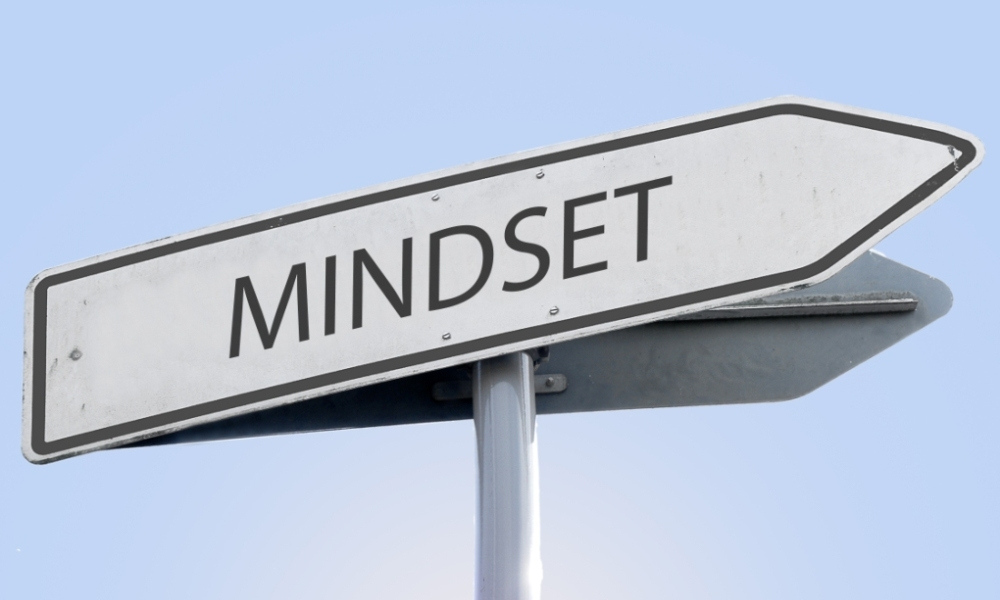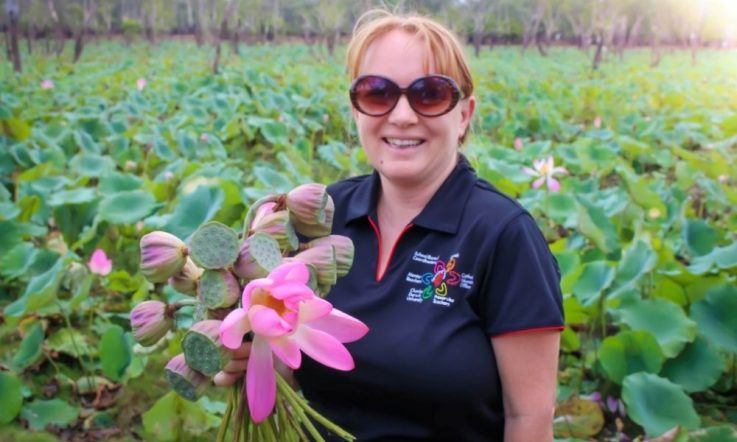- Listen to and download all the Teacher podcasts for free on iTunes and Soundcloud
This month's instalment of The Research Files looks at a study carried out by Stanford University researchers Dave Paunesku, Gregory Walton, Carissa Romero, Eric Smith and Carol Dweck, and David Yeager from the University of Texas, into online interventions aimed at instilling a ‘growth mindset' in high school students. The results have been recently published in the journal Psychological Science. Teacher editor Jo Earp caught up with lead author of the paper Dave Paunesku - Executive Director of the PERTS applied research centre at Stanford - to find out more.
Jo Earp: Hi Dave, welcome to The Research Files. To start, can you give a brief overview of what we mean by the term ‘growth mindset'?
Dave Paunesku: Yeah that's a great question. So ‘growth mindset' relates to people's beliefs about intelligence or about abilities, and whether those abilities and their intelligence is something they can change, or something that ... is static. So at this point a great deal of the research by Carol Dweck and her colleagues has found that people can have a fixed mindset. They can believe that intelligence is something that they cannot change – you're either born smart or stupid and that's the way you stay. Or, you can have a growth mindset [where] you believe that your intelligence is something you can change, for example, by working harder, by learning new strategies to improve your abilities.
JE: And so with this study then, in a nutshell, what was the aim of the research?
DP: So, before the study there had been several articles published. First, showing that in general students who had a growth mindset, who saw intelligence as something that's malleable, something they could change, tended to do better. And that they tended to do better especially in challenging courses. Whereas students who had a fixed mindset, who thought intelligence was something they cannot change, when they encountered a challenging class like math class or chemistry in college, if they were doing poorly they tended to give up. Whereas students who had a growth mindset who believed intelligence was malleable, they tended to work harder and to see the initial failures and initial setbacks as learning opportunities that they could then improve on and build on. And so, there had been some research showing that growth mindset predicted better achievement over time. But, there had also been several small-scale studies - one by Josh Aronson and colleagues and one by Catherine Good and another by Lisa Blackwell - all showing, with relatively small samples of students, that if you taught students that intelligence is malleable and they can increase it, that students actually did better, especially in challenging situations.
Our group was very interested in seeing whether these kinds of interventions could be scaled up, if we could do them over the internet so that we could reach a lot of students as opposed to sending expert researchers directly into the field. There's only so many researchers who know growth mindset well to go around. So we wanted to see, is there a way that we can pump this message out and get it to a lot of students? And, if we can do that, can we actually change the way they think about intelligence and can we change their performance in difficult classes?
So to do this we built an online version of this intervention and we recruited a pretty large sample of students from 13 geographically diverse high schools. We had almost 1600 students in the study. Then we randomised students either to a growth mindset intervention, to a different intervention called a purpose for learning intervention, to a combined condition that took elements from both these interventions. And what we found was that students who had been randomly assigned to ... the purpose for learning, or the growth mindset, or the combination of the two, compared to the control group, those students did significantly better.
JE: Can you expand on some of the key findings?
DP: So the key findings were that the growth mindset intervention was able to successfully change students' mindset. In other words, students who had been randomly assigned to the growth mindset intervention came away from the intervention ... actually two weeks later they were more likely to endorse growth mindset. So we were able to nudge student's thinking about growth mindset.
A second important outcome was that the lower-performing students, so these were students who were about the bottom third of our sample, these were students who were earning Grade Point Averages (GPAs) of a C or below in the semester prior to the intervention [and were] most likely going to be struggling in school; for these students, the intervention increased their GPAs and also increased their likelihood of passing core courses like Math, English, Social Studies and Science - and increased that by around 6.5 percentage points.
JE: And so I'm guessing there are wide implications then for educators on the ground. The fact that, like you mentioned earlier, you were able to do it in an online environment for a start ...
DP: Yeah, I think there are a variety of exciting implications. One, is that it's possible to change students' mindset and improve their achievement through brief, online exercises that are essentially free. Since doing the study ... we've been working to replicate this work, to improve on these interventions and we've been recruiting schools to help us [develop] these interventions, and we intend to actually make them openly accessible to any school that wants to use them. That's one set of implications.
I think another set of implications relates to actual classroom teaching and to the ways teachers and school administrators talk about abilities and the way they encourage students to learn and to think about learning. ... and if even this very brief intervention that was delivered online in only about 45 minutes of class time could have this kind of noticeable, significant effect on student's performance, just think how much bigger the effects could be if these ideas were skilfully woven into the curriculum, into classroom practice, into the way assessments happen and so forth. And so one of the things that our group is doing right now is we're engaging with teachers from all around the country, in fact all around the world, to try to learn from them what they're doing in their own classroom practice to instill a growth mindset in their students and to help students see intelligence, and to see their academic ability, as things that they can grow. We're building a set of resources at the website (www.mindsetkit.org) and we're encouraging teachers to learn about the research there and to share their own practices in a practice library.
JE: Excellent. Well we'll include that link on our site and we'll watch those steps with interest. For now, Dave Paunesku, thanks for sharing your work with The Research Files.
DP: And thank you for having me Jo.
References
Paunesku, D., Walton, G., Romero, C., Smith EN., Yeager DS., and Dweck CS. (2015) Mind-Set Interventions Are a Scalable Treatment for Academic Underachievement. Psychological Science. Published online before print, April 10, 2015, doi: 10.1177/0956797615571017
The Research Files will return to its podcast format next month. To subscribe to this series and other Teacher podcasts for free visit http://acer.ac/teacheritunes



